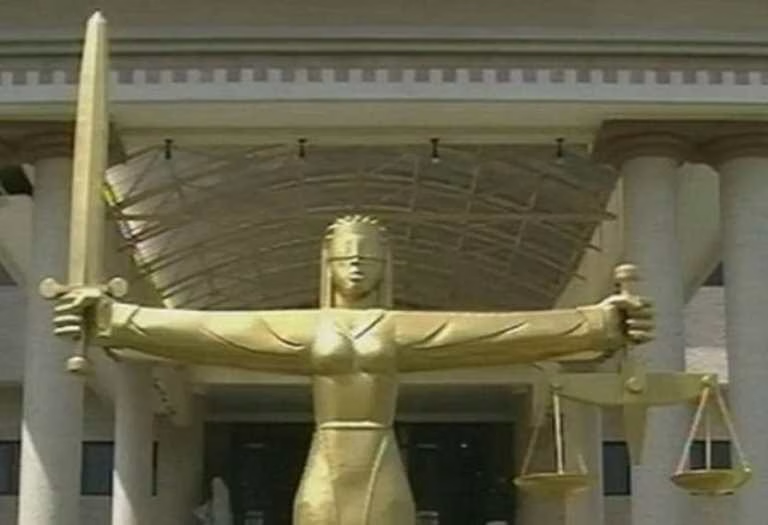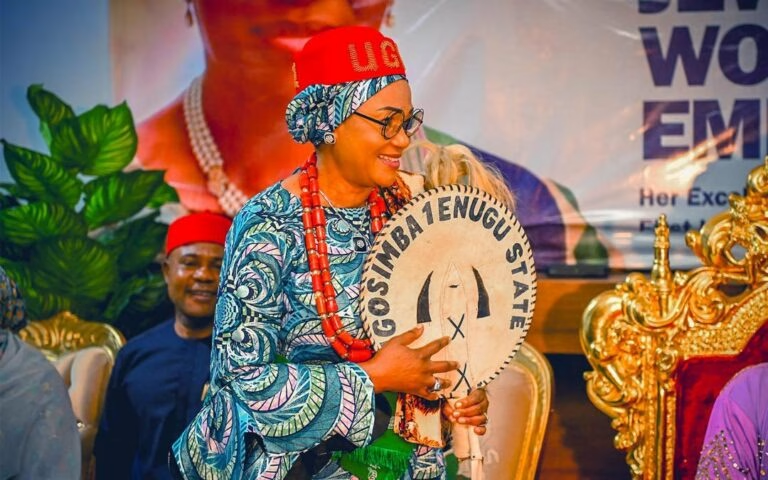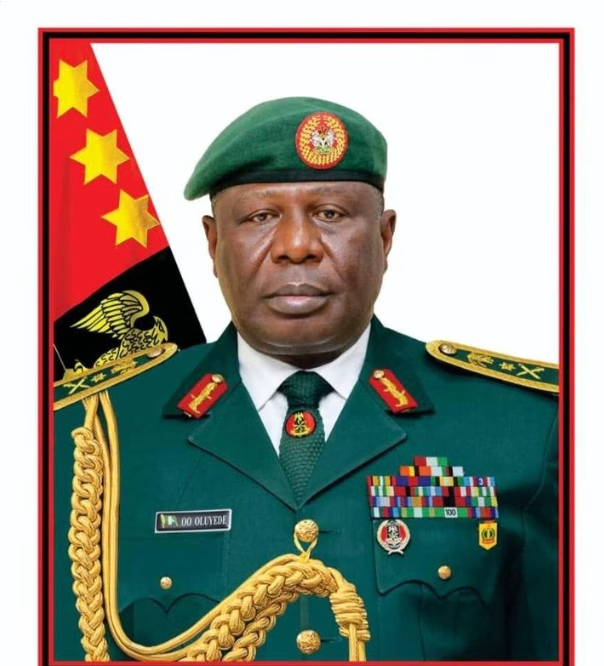By Tunde Olusunle
I’ve just watched a four-minute video clip of Alex Otti, the Abia State Governor, commissioning a humongous haul of 14 road projects in one day in Aba, the major commercial hub in the state. My interest was not in the ceremonial cutting of tapes and ribbons at every turn during the exercise. More than that, I was swayed by the bonding, the connectivity of Otti with regular folks, his kinsmen and women. As Otti walked the streets of the famous *Enyimba City,* his people, evidently overwhelmed by the good works of their leader, wanted to touch him, to hug him, to take photographs with him. Whenever his excited constituents tried to get close to him just to touch him, they were, expectedly restrained by the protective wall around Otti. On each such occasion, Otti overruled his aides, allowing such people reach and embrace him. There was this particular point in the video clip under review, where a woman trader wanted to gift Otti a pack of bottled water, most probably in her appreciation of Otti’s endeavours.
The security perimeter around Otti tried to kick the pack aside and block her from accessing the Governor. He read the situation, slowed down and even asked that the allowed near him and indeed be photographed with him. He equally directed that her gift of water be thankfully received and taken to his car. The 14 roads which Otti opened up for public use on that occasion are part of a bigger plan for the rehabilitation and reconstruction of 55 roads across Abia State. Otti is an *Aba boy* like the cerebral doyen of the national parliament, Enyinnaya Abaribe, whose book titled *Made in Aba* released in 2021, underscores how deeply the lionised city impacted his makeup. Otti knows how much a good network of roads can make life better and business easier for his distinctively industrious people. A functional Aba will accelerate productivity in the city and mitigate unemployment in a commercial nexus which prides itself a rival to Onitsha and Nnewi both in Anambra State. Both towns are renowned for commerce and manufacturing.
Not one of the 14 roads which Governor Otti recently commissioned, nor any of the 44 others which are at various stages of completion, has been renamed after him. Some of them indeed still bear their colonial designations, a constant reminder of our history and antecedents. In Nigeria’s Federal Capital Territory, (FCT), there was pomp and pageantry, Wednesday June 10, 2025, as President Bola Tinubu “commissioned” the International Conference Centre, (ICC), built and activated by the administration of former military President Ibrahim Babangida, 34 years back, in 1991. Nigeria was bestowed, at very short notice, the hosting rights of the Summit of the Organisation of African Unity, (OAU), as it was then referred to. Abuja spontaneously became a massive construction site within the period under consideration.
As the ICC was being readied, so were accommodation facilities built across various districts in Abuja, to house delegates to the OAU Summit. Till date, several residential complexes, mostly blocks of flats across Abuja are known by the name *OAU Quarters,* even though many residents of the various mini- OAU housing estates barely know the etymology of their present abodes. Babangida “stepped aside” in August 1993. Ernest Shonekan; Sani Abacha; Abdulsalami Abubakar; Olusegun Obasanjo; Umaru Yar’Adua; Goodluck Jonathan and Muhammadu Buhari have all come after him as Head of Interim National Government, (ING); military Heads of State and civilian Presidents. None of them christened the ICC or any other national asset for that matter, after himself. A standard, stately edifice, the ICC has remained the *Numero Uno* events destination in Abuja over the years. It has serially hosted world class dignitaries and functions across time and space. As serving President of the United States, the charismatic Bill Clinton was hosted to a state banquet at ICC in 2000. In similar fashion, Queen Elizabeth II of England topped the bill at the 2003 Commonwealth Heads of Government Meeting, (CHOGM), hosted by President Olusegun Obasanjo. A record 51 out of 54 Heads of State of member countries of the Commonwealth attended the four-day event. Such is how treasured, how valued this national monument is.
That Tuesday June 10, 2025, an excitable Nyesom Wike, Tinubu’s Minister of FCTA, renamed the International Conference Centre, (ICC), the *Bola Ahmed Tinubu International Conference Centre.* The edifice which Babangida built from the preliminary stages of earthworks for *N240 million* in 1991, was whitewashed for re-inauguration at a whooping *N39 Billion, in 2024.* Typically, there was no competitive bidding. It was a direct award to a concern preferred by the FCT Minister. The ICC, by the way is the eighth monument, known to me, thus far christened after Tinubu within his first two years in office. Before it were the: *Tinubu International Airport, Minna, Niger State; Tinubu Polytechnic, Gwarimpa, Abuja and Tinubu National Assembly Library, Abuja. There are also the Tinubu Immigrations Technology Building, Airport Road, Abuja; the Tinubu Barracks, Asokoro, Abuja; the Tinubu Way, (formerly Southern Parkway), Abuja, and also the Bola Tinubu Centre for Islamic Affairs, Kaduna, built by the Department of State Services, (DSS).*
President Tinubu seems to be lapping up blandishment, magnification and laudation as they coalesce towards his eventual deification. This is a path potentially laden with veritable landmines. We are never bound to accept and adopt every souvenir or memorabilia thrust at us. We can always ask our doctors questions about medications prescribed for us. Let’s indulge Wike that he probably doesn’t know the history of ICC. President Tinubu does. He was Senator in 1992 and functioned alongside his colleagues, from the very same ICC, in Abuja, in the absence of a purpose-built parliamentary complex. I would, if I were Tinubu, have thanked Wike for his thoughtful gesture. I would have reminisced over Nigeria’s political evolution and reminded him that Babangida in his time, it was, who conceived and erected the mega-structure which sits regally at the bosom of Abuja today. I would have enlightened Wike that just a few months ago, Babangida stepped forward to take responsibility for the annulment of the *June 12, 1993* presidential election which produced Moshood Kashimawo Olawale Abiola, (MKO), as President.
I would have drawn Wike’s attention to the fact that Babangida will be 84 on Sunday August 17, 2025. It would not be out of place to honour him with the ribbons and flowers of the ICC which was indeed his baby. Like or loathe him, Babangida has several positives against his eight year regime, from August 27, 1985 to August 26, 1993. He ensured the physical, effective relocation of Nigeria’s seat of government from Lagos to Abuja, in 1991. This was 15 years after Abuja was so proclaimed by General Murtala Ramat Mohammed, in February 1976, just days before his assassination. He built the eyeful, sprawling State House, Abuja, a tourist monument in its own right. To enhance better governance and developmental coverage of the country, Babangida’s government created Akwa Ibom and Katsina states in 1987, taking the number of states in the country from 19 to 21. On the sixth anniversary of his administration August 27, 1991, Babangida established an additional nine states, including Abia, Adamawa, Anambra, Delta, Jigawa, Kebbi, Kogi, Osun and Yobe, which brought the number of states in Nigeria to 30.
Babangida established the Federal Road Safety Corps, (FRSC), to instil discipline on our highways and curb carnage, and built the ambitious *Third Mainland Bridge* in Lagos, to ease traffic in the water-constrained state. He continued Nigeria’s anti-apartheid campaign against White domination in South Africa, despite being a military leader. Under him, Nigeria had very strong foreign affairs profile in the eyes of the international community under his leadership. The Technical Aid Corps Scheme, (TACS), under which auspices Nigeria sent teachers and professionals to needy African and Caribbean countries, was initiated under Babangida. Nigeria intervened in troubled West African countries from possible dismemberment arising from civil strife, under Babangida’s watch. Nigeria initiated, led and substantially funded a multinational military peacekeeping corps under the auspices of the Economic Community of West African States, (ECOWAS), under him. We can go on.
Interactions between the State House and various states, ministries, departments and agencies, (MDAs) ahead of every programme to be attended by the President, must be painstaking, detailed and explicit. Pleasant “ambushes,” detours away from agreed runs of events, and surprises of any kind are totally intolerable. This is the way it was in our time between 1999 and 2007. You cannot come to a high profile public event, especially the types Wike loves to telecast real-time on the network services of various television stations, to embarrass the President with such proclamations, in the name of springing surprises. Except of course if President Tinubu himself is sucked into such ego-massaging and vainglorious labelling. Except if the President is indifferent to order and conformity, consisting with extant rules and regulations. Or indeed, the ultimate verdict of history.
President Tinubu will do well to be very circumspect about the manner he consents to every other national treasure or government facility being named or renamed after him. He needs to rein in his officials so they can guide him aright. They shouldn’t just be *follow follow* officials, to appropriate a phrase from the immutable lyrics of Fela Anikulapo-Kuti. They shouldn’t be content with just floating around as members of the President’s ring of “principal officers,” without adding desired value. Once it becomes the vogue that state governments and government departments catch the bug, it will become a ridiculously unending practice, inimical to the person and office of the President. For context, a famous rubbish dump on the *Aba- Port Harcourt* expressway was named after a former Governor of the state who craved adulation at every opportunity. At the rate things are unravelling courtrooms; prison blocks; rehabilitation centres for substance indulgents; psychiatric hospitals, and similar institutions may hereafter don *Tinubu-esque* appellations. Let’s hope President Tinubu wouldn’t wake up one day only to discover that he has become the *President of the Federal Republic of Bola Tinubu!*
Not even *Field Marshal Idi Amin Dada of Uganda* pulled off such a stunt.
*Tunde Olusunle, PhD, Fellow of the Association of Nigerian Authors, (FANA), is an Adjunct Professor of Creative Writing at the University of Abuja*



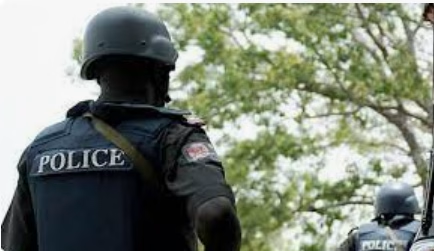
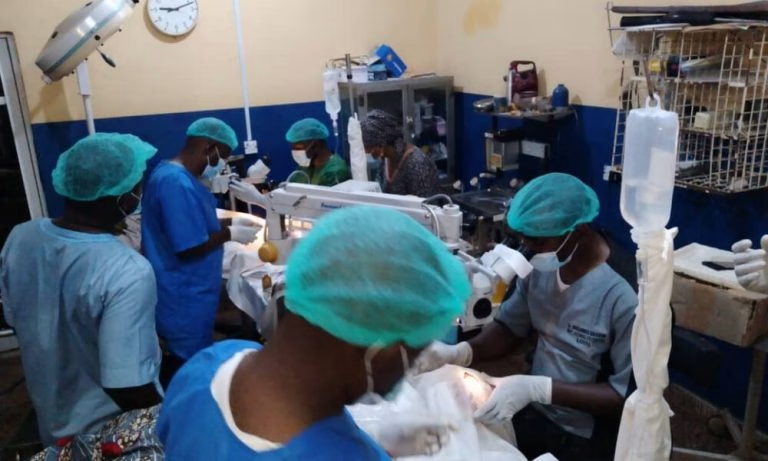
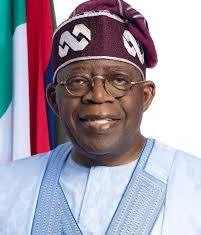
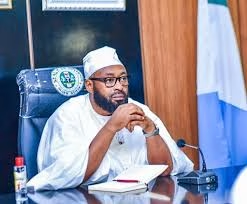

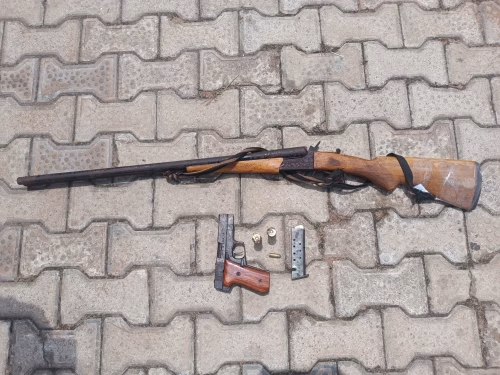 The Commissioner of Police, CP Abaniwonda Olufemi, Bright said assures the public of the Command’s commitment to tackling crimes and other related vices. Members of the public are therefore urged to partner with the Police by providing useful, timely and credible information to the Police. The Command can be reached through the following control room dedicated phone numbers:
08036684974
08114895600
08025666914
The Commissioner of Police, CP Abaniwonda Olufemi, Bright said assures the public of the Command’s commitment to tackling crimes and other related vices. Members of the public are therefore urged to partner with the Police by providing useful, timely and credible information to the Police. The Command can be reached through the following control room dedicated phone numbers:
08036684974
08114895600
08025666914 